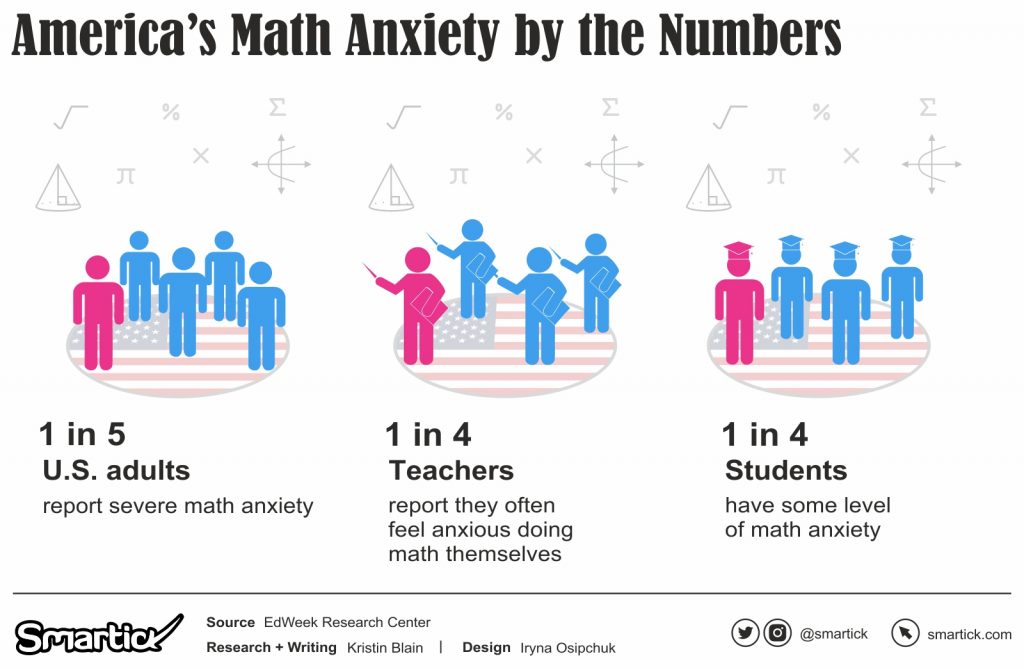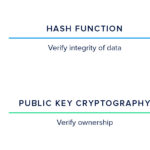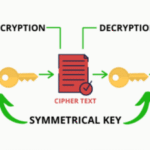Cryptography is an interdisciplinary field that intricately weaves mathematics, computer science, and information theory into a fabric that safeguards sensitive information from probing eyes. Yet, a pervasive fear—mathophobia—can create insurmountable barriers for many individuals aspiring to delve into this vital domain. This article scrutinizes the ramifications of mathophobia, its impact on the learning of cryptography, and suggests pathways to overcome this daunting obstacle.
The Nature of Mathophobia
Mathophobia, often defined as an irrational dread or anxiety related to mathematics, can emerge from various factors including negative past experiences, societal stigma, and insufficient foundational knowledge. This condition is not merely an aversion; it is a significant psychological barrier that cripples one’s self-efficacy in mathematical reasoning. Mathophobia manifests in varied ways, from avoidance of mathematical activities to a debilitating belief that one is inherently incapable of learning math. Such attitudes can lead to a preference for non-numerical fields, inadvertently sidelining those who might excel in quantitative disciplines, including cryptography.
The Role of Mathematics in Cryptography
At its core, cryptography relies heavily on mathematical principles such as abstraction, algorithms, and number theory. Concepts like prime numbers, modular arithmetic, and polynomial equations form the backbone of encryption techniques like RSA and elliptic curve cryptography. Without a robust understanding of these mathematical tenets, one may find cryptography insurmountably complex. The presence of mathophobia can lead to self-doubt, consequently detracting from the analytical rigor needed to decipher the mathematical puzzles that underpin secure communications and data integrity.
Impacts of Mathophobia on Learning
The implications of mathophobia extend beyond just individual learning. For aspiring cryptographers, the fear of math can serve as a deterrent, preventing them from engaging in exercises that would enhance their understanding of algorithms and data encryption. This phenomenon can perpetuate a cycle of ignorance, wherein the initial hurdles of math avoidance lead to insufficient mastery of cryptographic principles. For one to become adept at cryptography, a firm grounding in mathematical concepts is indispensable; therefore, succumbing to mathophobia effectively extinguishes the possibility of success in this domain.
Moreover, mathophobia can also affect collaborative efforts in cryptography. Working in groups often requires sharing knowledge and skills; however, those grappling with math-related anxiety may hesitate to contribute, thus depriving their peers of diverse perspectives and innovative problem-solving techniques. This detrimental effect can reduce the overall productivity and creativity of a team, underscoring how math anxiety extends its ramifications beyond the individual into collaborative settings.
Mathematics as a Non-Threatening Entity
To effectively combat mathophobia, it is crucial to reframe one’s perception of mathematics. Viewing mathematics not as an intimidating adversary but as an intriguing puzzle can catalyze a transformation in how one approaches cryptography. It is essential to embrace the idea that errors are a natural part of the learning process. In the world of cryptography, mathematical mistakes can often lead to new insights or methods of thinking. Forging resilience in the face of challenges is an invaluable skill, ultimately enhancing one’s proficiency in cryptography.
Strategies for Overcoming Mathophobia
Confronting mathophobia necessitates a multi-faceted approach that addresses the psychological underpinnings of this fear. Structured learning environments, particularly those conducive to experiential learning, can significantly alleviate anxiety. Engaging with math through interactive mediums—such as cryptographic puzzles, simulations, or collaborative projects—encourages a more resilient mindset.
Furthermore, seeking mentorship or guidance from experienced cryptographers can demystify complex mathematical concepts. A mentor can provide tailored support, easing the transition from basic mathematics to advanced applications in cryptography. Most importantly, cultivating a growth mindset, in which one regards challenge as an opportunity for development, can fortify an individual against the crippling effects of math anxiety.
The Relevance of Cryptography in Today’s Society
The modern landscape is increasingly entrenched in digital security concerns. With the advent of data breaches, identity theft, and cyber warfare, the need for proficient cryptographers has never been more pressing. Mathematics serves as the linchpin in developing algorithms that protect our most sensitive information. Understanding this societal relevance can serve as motivation for individuals to persevere through their math-related fears, recognizing that their contributions could have significant real-world implications.
Final Thoughts on the Path Forward
As one considers the potential career paths in cryptography, it becomes evident that mathophobia should not dictate one’s future. Empowering oneself with knowledge, surrounding oneself with supportive peers, and confronting fears can transform anxiety into a catalyst for growth. The cryptography domain remains accessible, ripe for exploration by those willing to confront their mathematical trepidations. In doing so, individuals can unlock not just a career, but also a new perspective on the often-misunderstood world of mathematics.









Leave a Comment